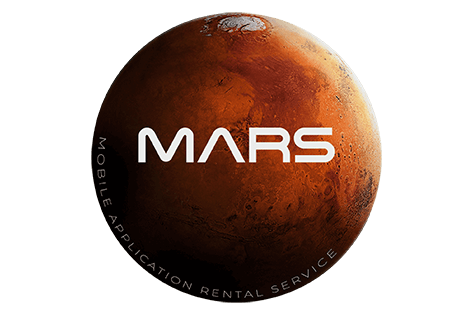Mobile apps have become an integral part of modern business operations. They provide a convenient and efficient way for businesses to connect with customers, manage operations, and access information on the go.
Here are the top 10 use cases of mobile apps in business:
- Customer relationship management (CRM): Mobile apps can help businesses manage and track interactions with customers, including sales, support, and marketing efforts. CRM apps can be used to store customer information, track sales leads, and provide personalized communication and support.
- Field service management: Mobile apps can be used to schedule and dispatch field service technicians, track their location and progress, and communicate with them in real-time. This can help businesses improve the efficiency of their field operations and provide better service to customers.
- Inventory management: Mobile apps can help businesses track inventory levels, reorder supplies, and check stock availability in real-time. This can help reduce the risk of stock-outs and improve the efficiency of supply chain operations.
- Sales and marketing: Mobile apps can be used to reach out to potential customers, provide information about products and services, and process sales transactions. Marketing apps can be used to send push notifications, track customer engagement, and run loyalty programs.
- Human resources management: Mobile apps can be used to track employee attendance, manage payroll and benefits, and provide training and development resources. HR apps can help businesses streamline HR processes and improve communication with employees.
- Project management: Mobile apps can help businesses keep track of tasks, deadlines, and project progress, and facilitate communication between team members. Project management apps can be used to assign tasks, track progress, and collaborate with team members in real-time.
- Financial management: Mobile apps can be used to track expenses, generate invoices, and manage accounting tasks on the go. Financial management apps can help businesses stay on top of their finances and make informed decisions.
- Healthcare: Mobile apps can be used to schedule appointments, access medical records, and communicate with healthcare providers. Healthcare apps can help improve patient care and make it easier for patients to manage their own health.
- Retail: Mobile apps can be used to facilitate the shopping experience for customers, including making purchases, tracking shipments, and accessing loyalty programs. Retail apps can help businesses drive sales and improve customer loyalty.
- Hospitality: Mobile apps can be used to facilitate hotel and restaurant reservations, access menus and other information, and provide concierge services. Hospitality apps can help businesses deliver a better customer experience and improve the efficiency of their operations.
In conclusion, mobile apps have a wide range of use cases in business, from customer relationship management to financial management and beyond. By leveraging the power of mobile technology, businesses can improve their operations, drive sales, and better serve their customers.
If you’re interested in getting a mobile app for your business, you may want to consider MARS, the first mobile application rental service in the world. With MARS, you can easily get a custom mobile app without the upfront cost and time commitment of building one from scratch. This can be a cost-effective way to take advantage of the benefits of a mobile app and increase sales for your business.
